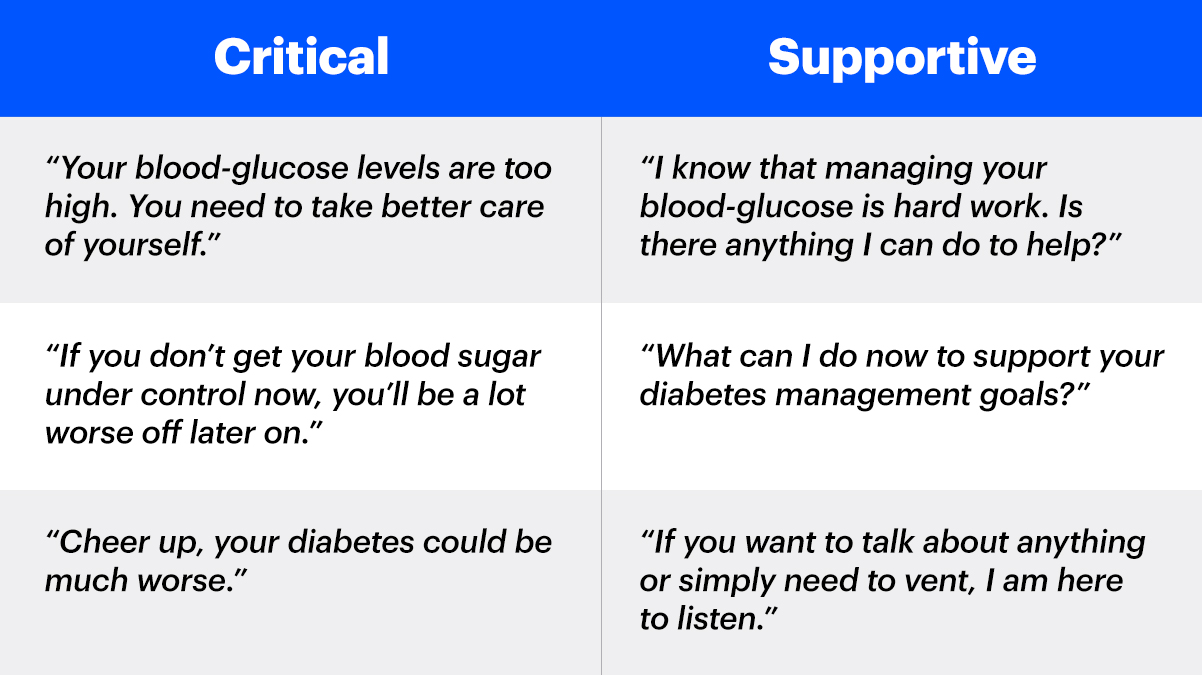Resilience For Better Coping With Type 1 Diabetes

Living with type 1 diabetes is not always easy. You may experience stress from your demanding management routine, the costs of insulin and other supplies and/or the perceived stigmatization of having a chronic disease. The social and emotional effects of type 1 diabetes are very real, and can lead individuals to experience burnout, depression and anxiety. Despite the frustrations and hurdles, many people with the disease are able to achieve positive outcomes in both their diabetes management and their personal lives.
The ability to overcome these challenges and rebound from low points is called resilience. Some people have a natural resilience that allows them to productively cope, or even thrive in the face of stress. But the good news is, this is not a fixed trait—anyone can build their own resilience!
Building resilience is a combination of harnessing your unique individual strengths and utilizing the external assets and support systems around you. Having an easygoing disposition may help you remain calm despite existing stressors. Traits like confidence or creativity may allow you to stay motivated in pursuit of your goals or think up new strategies to overcome your challenges.
How To Build Resilience
Everyone has personal strengths that they can identify and cultivate in their efforts to become more resilient. For example, someone who is highly organized might channel that trait into a more structured approach to coping and management. That could involve setting goals and planning ahead. Try it out for yourself—here are a few questions you can ask yourself to identify your own strengths:
- What do you enjoy doing?
- What do you do well?
- How can you harness these strengths to help overcome your diabetes management challenges?
Clinicians, caregivers, family and friends can all be part of fostering resilience as well. Parents and siblings can offer support and compassion. Friends and colleagues can educate themselves on how to respond in a hypoglycemic emergency. Partners and other diabetes caregivers can accompany you to your doctor appointments and provide reassurance that you are not alone.
Psychologists, social workers and other clinicians can work with you to increase your resilience. Meeting with a professional to develop healthy coping mechanisms and address anxiety or depression associated with your type 1 can help you reach your disease management goals.
Social media can also be a source of support that allows people with type 1 diabetes to connect with one another. Platforms like JDRF’s TypeOneNation can help you find peers who have had similar experiences and can relate. Making connections via an online diabetes community has been associated with lower blood-glucose levels than those who do not—which in itself is a cause for less stress!
Technology and Resilience
Developing resilience can come from within, it can be aided by those around you, and it can also involve the resources and tools that you use to manage your disease. Technologies like continuous glucose monitors (CGMs) and insulin pumps may simplify your diabetes management routine, improve your quality of life and help you feel more in control. Diabetes management technology may be more beneficial to building resilience for some people than others—if you haven’t considered incorporating this technology into your lifestyle, now may be the time to explore!
Seek Out Supportive Communication
When reaching out to others for support, it is important that these conversations happen with an encouraging, productive approach in mind, rather than judgmental or critical approach. Here are a few examples of critical versus supportive language in discussions you may have. If you find that your friends and loved ones often make comments that resemble the phrases on the left, you may want to find a time to discuss positive reinforcement and share these examples with them.

Aside from offering to help out or lend an ear, it can also be effective for others to acknowledge the efforts and strides of people with type 1 diabetes. This recognition of your progress can provide positive reinforcement to help keep you motivated!